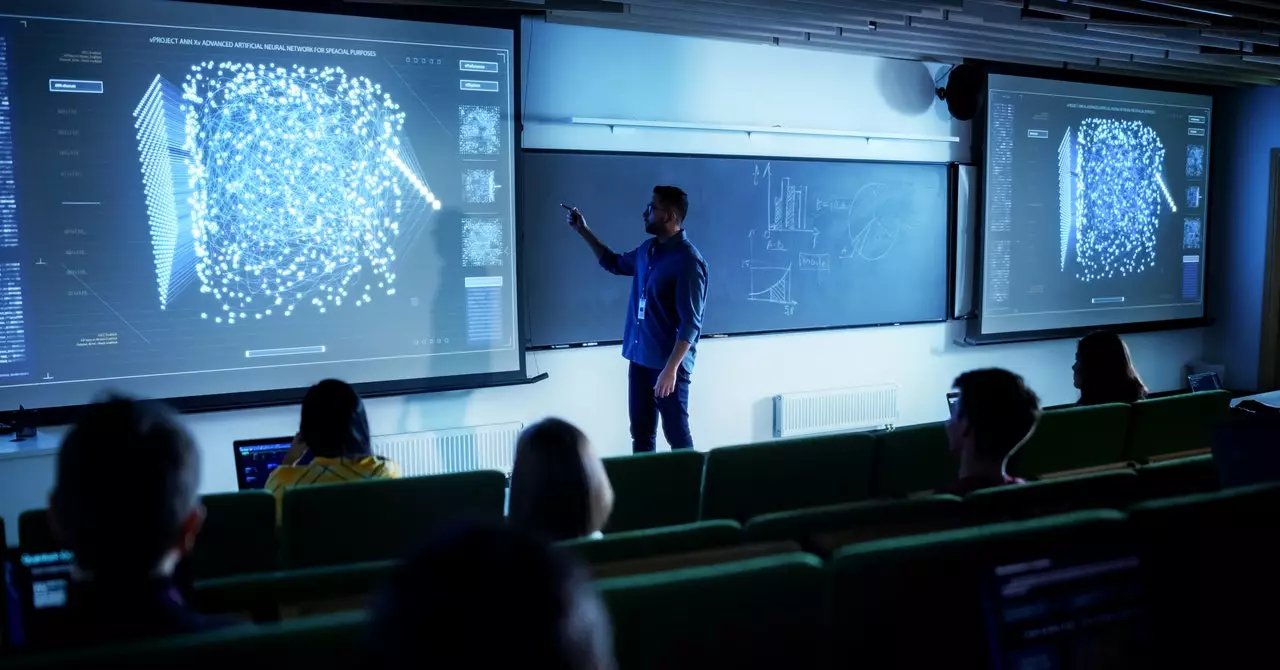The use of Artificial Intelligence (AI) in education is continuously evolving and expanding. One such example is Khanmigo, which takes a unique approach to guiding students by asking questions and providing hints rather than direct answers. This approach aims to help students think critically and problem-solve on their own. Despite Khan Academy’s grand vision of personalized tutors for every student, Khanmigo’s role is more focused on assisting students when they are stuck on a specific skill or concept. The effectiveness of Khanmigo and its impact on student engagement is still being studied, with plans to release data on student-bot interactions in the near future.
Other organizations, such as Saga Education, have also been exploring the use of AI feedback in tutoring sessions to enhance student engagement. By analyzing transcripts of tutoring sessions, AI models can provide valuable insights into when tutors should prompt students to explain their reasoning or initiate deeper discussions. The use of AI feedback has shown to increase student engagement during tutoring sessions, but caution is advised when considering having AI deliver feedback directly to tutors. Human intervention and guidance are still seen as valuable in the learning process.
Recent advancements in AI have led to the development of emotionally intelligent AI systems that can analyze tone of voice and facial expressions to infer a user’s mood and respond with empathy. However, while emotionally intelligent AI may enhance the user experience, it may fall short in establishing genuine connections with students. According to experts, students are aware that AI lacks genuine care and concern for their academic success, which may impact their level of engagement with AI systems in learning environments.
Although AI has shown promise in providing feedback on student essays and helping with problem-solving, the challenge lies in motivating students to actively engage with AI as a primary audience for their work. A study published in the journal Learning and Instruction highlighted that AI can offer valuable feedback on student writing, but it remains unclear whether students will invest the same level of care and effort in their work if AI becomes the main recipient of their efforts. This raises questions about the long-term impact of AI on student motivation and academic performance.
The role of AI in education is rapidly evolving, with innovative applications such as Khanmigo and emotionally intelligent AI systems reshaping how students engage with technology in learning environments. While AI has the potential to enhance learning outcomes and provide valuable support to students, the human element of education remains crucial in fostering genuine connections, motivation, and engagement. As researchers continue to explore the impact of AI on education, finding a balance between technological advancements and human interaction will be key to ensuring students receive the best possible learning experience.


Leave a Reply